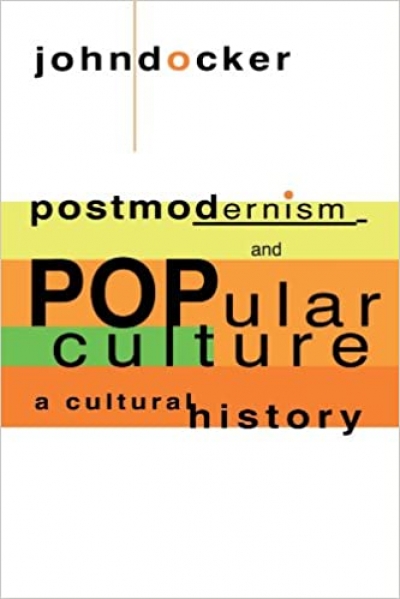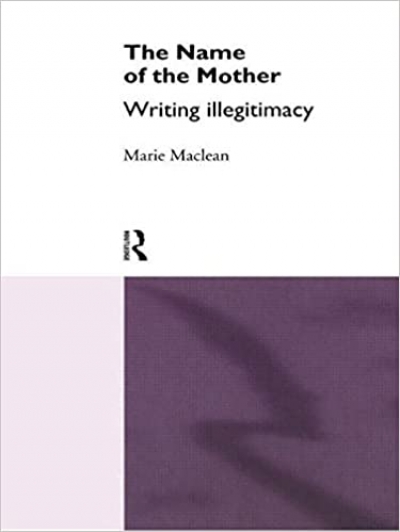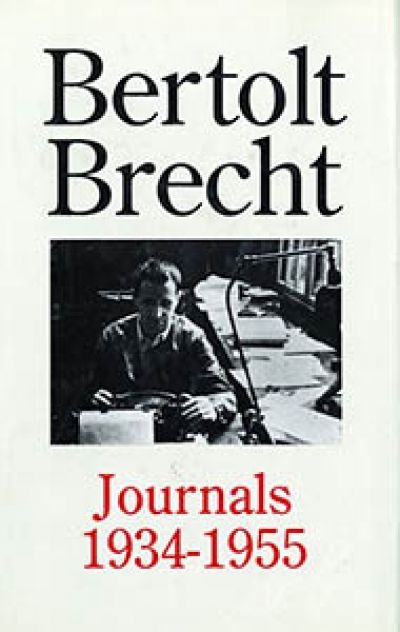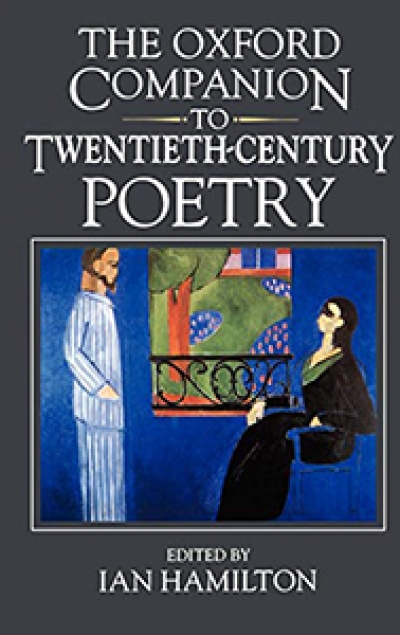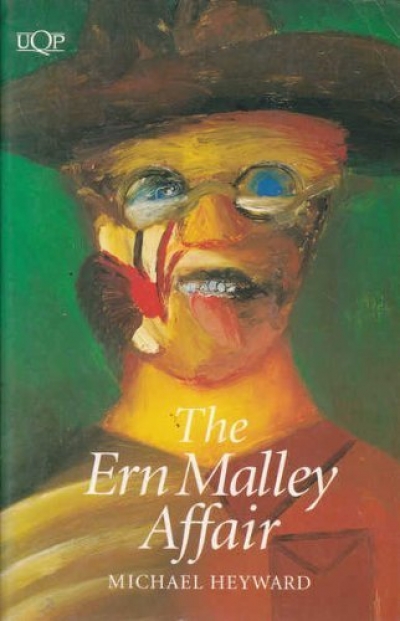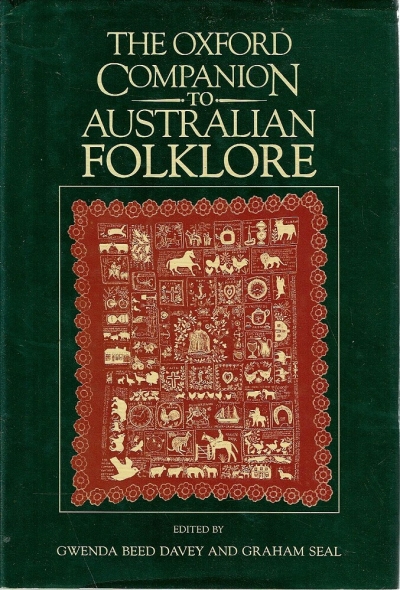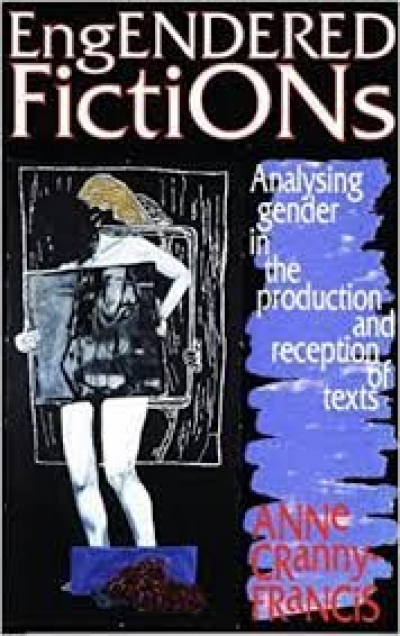Literary Studies
Postmodernism and Popular Culture: A cultural history by John Docker
They fall through your letter box thick as autumnal leaves that straw the brooks in Vallombrosa, as fast and furious as knickers fall in ‘Melrose Place’ or reputations in ‘Models Inc.’ This is the new generation of academic booklists, from Routledge, from Allen & Unwin, from Polity Press, from Open University Press, from Blackwell, from Harvester Wheatsheaf, from OUP, from Cambridge UP. All proselytise on behalf of the New Orthodoxies Literary Theory and Cultural Studies.
... (read more)The Name of the Mother: Writing illegitimacy by Marie Maclean
For some time now literary criticism has been fascinated by the role of naming, and the inscription of the name, in relation to the identity of the self. There are rich pickings to be had from examining autobiography for the way the writer reveals and hides behind the words with which a life is described. And in this era of autobiographical and biographical tumescence, it is most important that the analysis of such writing is done by those with the ability to do so. Think of the recent debates over biographies and autobiographies in Australia and you will quickly recognise how unsophisticated is our general understanding of what is going on when a life is inscribed, and yet how different the living is from the writing.
... (read more)Without the support of a recognisably unified literary tradition, the Australian poet has had to come to terms with the diverse elements of an increasingly heterogeneous culture. Australia is, was, and ever shall be, someone else’s country, a homeland so fundamentally altered as a concept as to be no longer comfortably recognisable as ‘Home’. Paradoxically, if anything has drawn Australian poets together, it has been a strong attachment to the physical environment, the strange and often harsh beauty of an ancient land but one no longer a comfortingly European possession. As far as forms, genres, literary concepts are concerned, writers have had to draw on their own particular sense of a cultural past that has been, for the most part, European in origin. With the passing of time, a growing disharmony has arisen between the natural rhythms of the land and its hapless European inheritors. This alienation has announced itself often enough in poems of nostalgia, loss, and lovelessness.
... (read more)I am enmeshed in criticism. Criticism defines and speaks me. I criticise, therefore I have a job. But criticism is a tricky business. It’s partial, changes from one time/place/person to another (as Jennifer Gribble acknowledges).
I’m not an expert on Janet Frame or Christina Stead (although I’ve included books by each on courses in the past) and my awareness of Peter Goldsworthy’s oeuvre is better but patchy. Like most university lecturers (I suppose), I read more reviews than actual books, although my preference is for the reverse. But with the vision of ABR’s editor as the bejewelled ringmistress conjured up in Gina Mercer’s book, I don my cap and bells, cry ‘Nuncle!’, and off I go into the hurricane.
... (read more)Bertolt Brecht: Journals 1934–1955 edited by John Willett, translated by Hugh Rorrison
Bertolt Brecht’s poem, ‘To those born later’, contains the following line: ‘For we went, changing countries oftener than our shoes.’ The publication of this translation of Brecht’s Journals 1934-1955 (written in an e.e. cummings-style lower case throughout) provides an abundant fleshing out of that line, giving a detailed sense of what it meant to Brecht to be an artist in exile, denied the comforts of his culture and language, denied the possibility of seeing the plays he was writing rehearsed or run-through, a process he always regarded as the final stage of writing: ‘all the plays that have not been produced have something or other missing. no play can have the finishing touches put to it without being tried out in production.’
... (read more)The Oxford Companion to Twentieth-Century Poetry in English edited by Ian Hamilton
As a preliminary I must say, frankly, that I am hardly interested in canonised literary culture. And having known for a long time that it is absurd to criticise the conventional literary establishment and then expect its attention or affection, I can also say that canonical inclusion has never been a personal aspiration. However, I am alert to the ramifications of the processes of historicisation. I don’t want to sound high-falutin’ but I’ll begin with Nietzsche who began his enquiry into the value of history with a gem from Goethe: ‘In any case I hate everything that merely instructs me without augmenting or directly invigorating my activity.’
... (read more)Despite the protestations of my close friends I choose to regard myself as a normal person. Only at certain times of the year do I realise how tenuous are my links with the mundane world.
One of these troublesome occasions is when I prepare my income tax form.
... (read more)Well I’m damned! Ern Malley of all people! It’s been fifty years since I last laid eyes on him. Seeing him again recalls my vanished youth as nothing else could. Angry Penguins, Cecily Crozier’s valiant Comment magazine, the ‘social realists’ upbraiding everyone like so many Marxist Savonarolas, the Jindyworobakians quarrelling with the ‘cosmopolitans’, the Contemporary Arts Society quarrelling with itself – stirring times! But Ern was the epicentre of our cultural storm in a teacup.
... (read more)The Oxford Companion to Australian Folklore by Gwenda Beed Davey and Graham Seal
I have had a haunted week reviewing the The Oxford Companion to Australian Folklore; haunted by a host of inadequately credited or totally omitted characters and folklore subjects clamouring for their status and value to be recognised. Thus, in that vast penumbra of lost souls, the plaintive cries of characters such as Ginger Meggs, the Magic Pudding, and the Banksia Men, Rolf Harris and Barry Humphries, together with subjects such as Strine, Rhyming Talk, Hanging Rock, Ghosts, and Oral History, have begged for their recognition! And swelling their ranks are those who only got a toehold in the door, so cursory is their mention: Dad and Dave, Joseph Jacobs, Marion Sinclair, Clancy of the Overflow, the Man from Snowy River, et al.
... (read more)Engendered Fictions: Analysing gender in the production and reception of texts by Anne Cranny-Francis
An ancient grammarian who had pondered Horace’s remarks on whether a good poem is the product of natural aptitude (ingenium) or acquired skills (studium) opted for ingenium and produced what was to become a much-quoted aphorism: poeta nascitur non fit, ‘a poet is born, not made’. His privileging of ‘nature’ over ‘art’ is favoured by those anxious to preserve the mystery of poetry by deriving it from an inscrutable faculty called ‘genius’. Others, eager to unscrew the inscrutable, favour the rival and demystificatory claim that poets are made, not born, which enables human interventions to overcome biological determinism.
... (read more)

